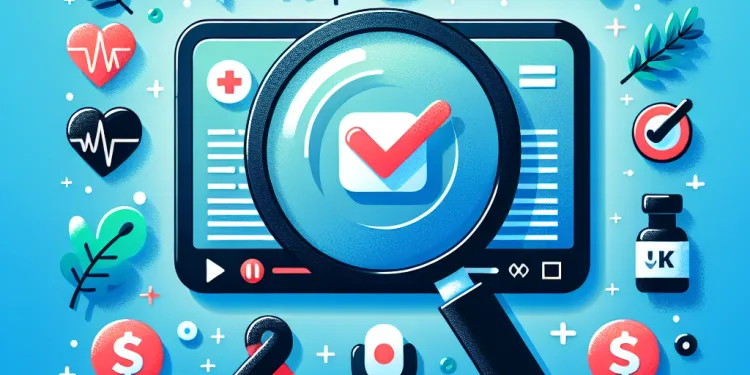
Find Help
More Items From Ergsy search
-
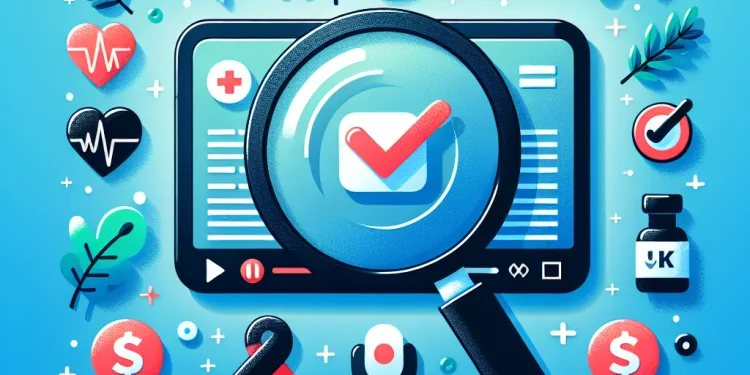
Health Screenings You Should Know About
Relevance: 100%
-
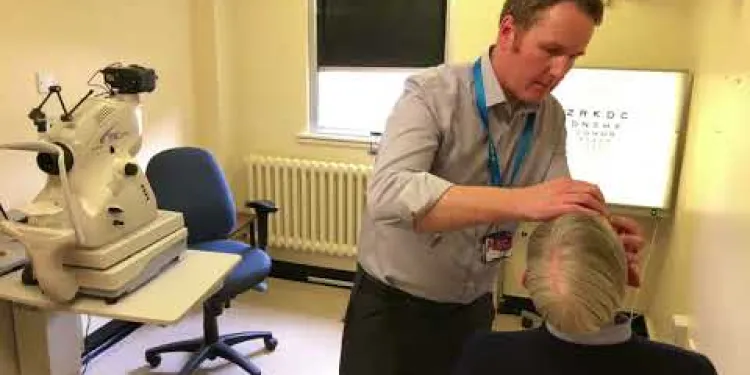
Derbyshire Diabetic Eye Screening - Diabetic Eye Screening
Relevance: 77%
-
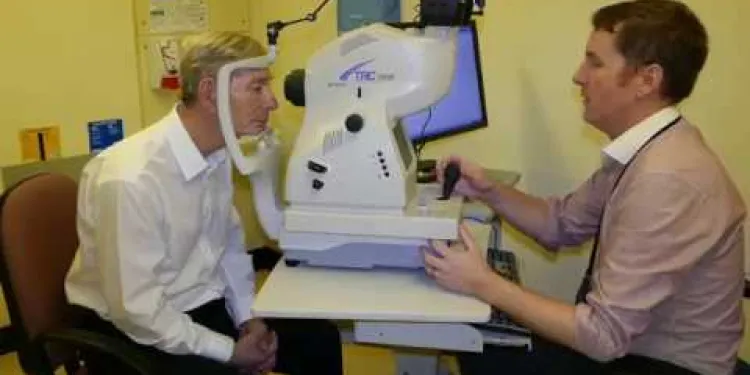
Derbyshire Diabetic Eye Screening - Your Screening Appointment
Relevance: 75%
-

What is cancer screening?
Relevance: 75%
-

Diabetes Eye Screening
Relevance: 75%
-
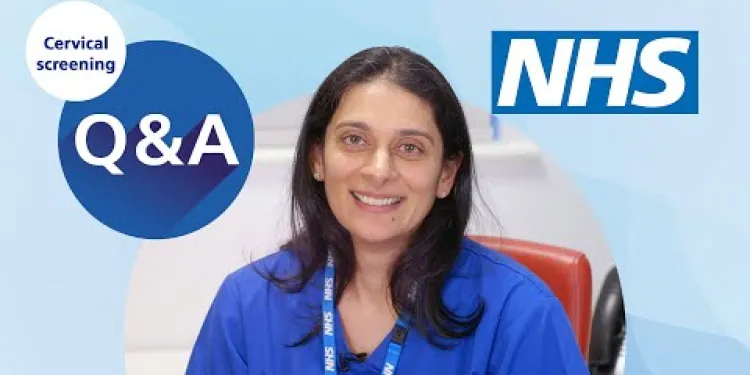
Cervical screening: Q&A | NHS
Relevance: 75%
-

Is screening painful or risky for my child?
Relevance: 73%
-
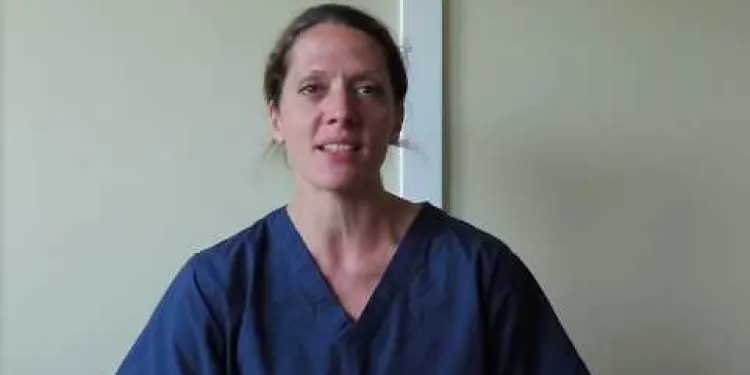
The NHS is #StillHereToHelp with cervical screening
Relevance: 73%
-

AI Breast Cancer Screening in the UK
Relevance: 72%
-

Are there eco-friendly mosquito screen options?
Relevance: 71%
-

NHS breast cancer screening
Relevance: 70%
-
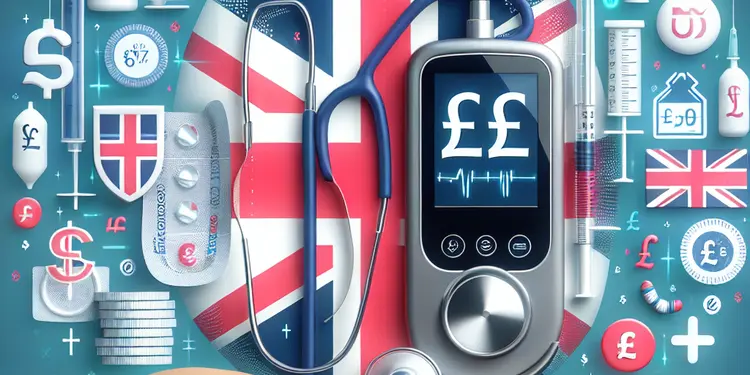
What are the limitations of type 1 diabetes screening?
Relevance: 70%
-

Are mosquito window screens effective in the UK?
Relevance: 70%
-

Are Mosquito window screens effective?
Relevance: 70%
-
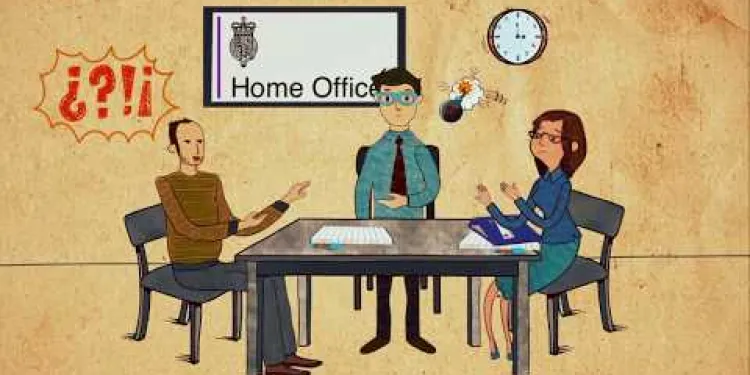
The asylum screening interview
Relevance: 69%
-

Can lifestyle changes impact the efficacy of cancer screening?
Relevance: 69%
-

NHSGGC - Cervical Cancer Screening - English
Relevance: 69%
-
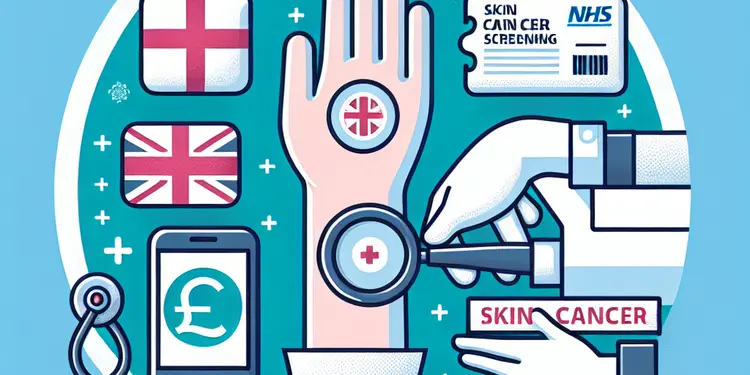
What is a skin cancer screening?
Relevance: 69%
-
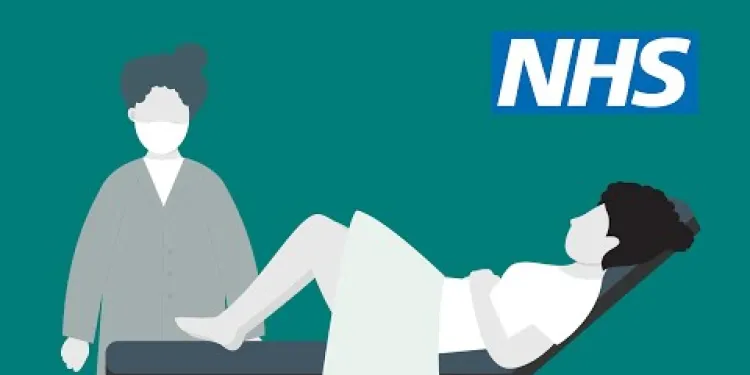
Cervical screening: how it's done | NHS
Relevance: 69%
-
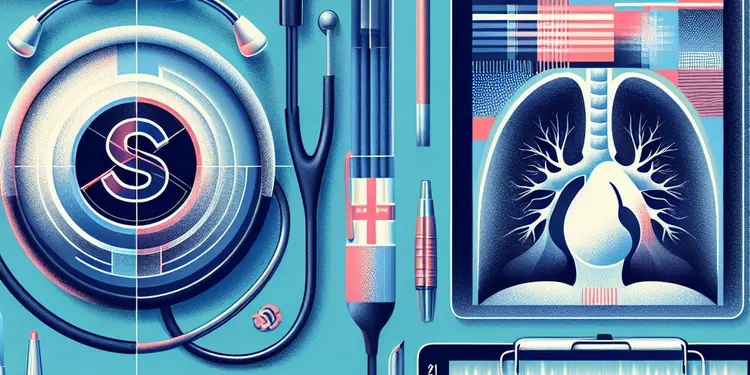
When should cervical cancer screening begin?
Relevance: 69%
-
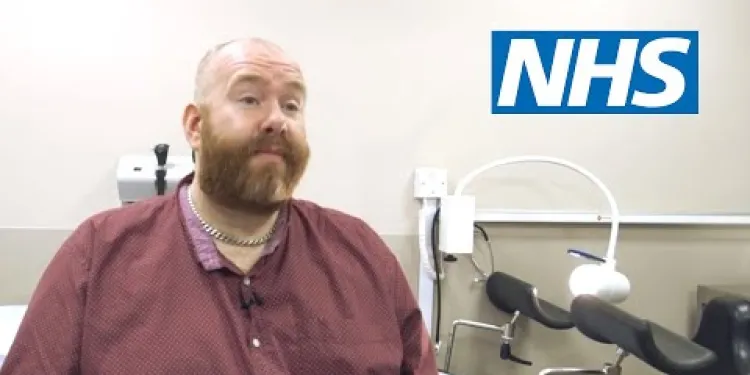
Cervical screening for transgender men | NHS
Relevance: 69%
-
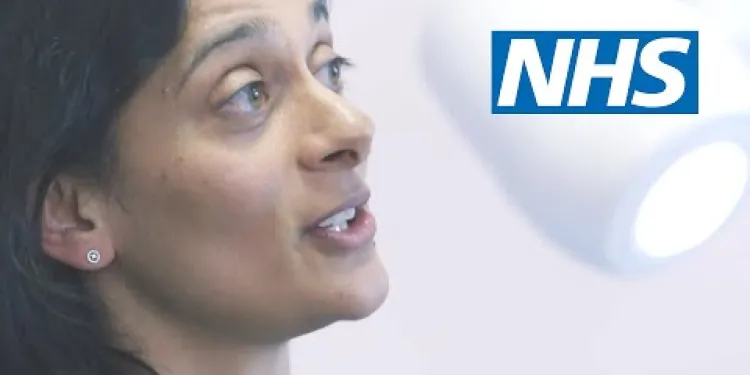
Cervical screening: what to expect | NHS
Relevance: 69%
-

How do I maintain my mosquito screens?
Relevance: 69%
-

How often should screening be conducted if my child is at risk?
Relevance: 68%
-

Should I screen my child for type 1 diabetes?
Relevance: 68%
-

What are the recommendations for colorectal cancer screening?
Relevance: 68%
-
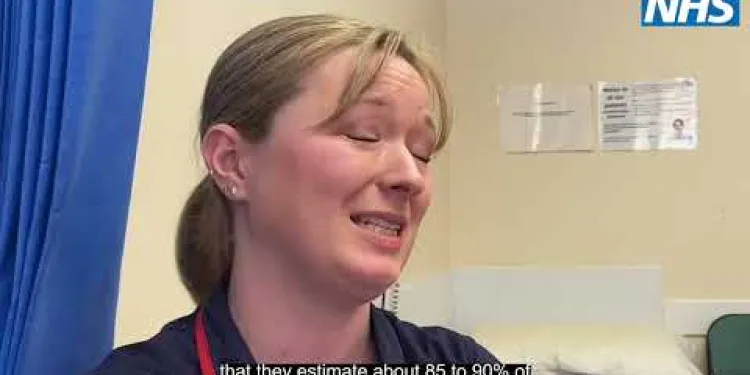
What is cervical screening (smear test)?
Relevance: 68%
-
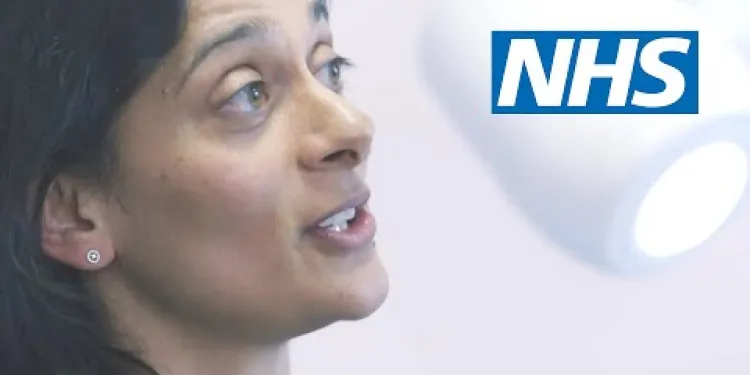
Cervical screening: what to expect | NHS
Relevance: 68%
-

Are there retractable mosquito screens available?
Relevance: 68%
-
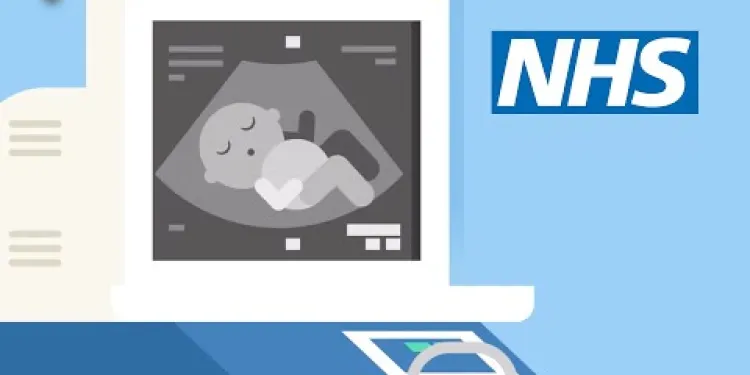
Screening tests for you and your baby | NHS
Relevance: 68%
-

Tower Hamlets breast screening programme
Relevance: 68%
-

Do mosquito screens add value to my home?
Relevance: 68%
-
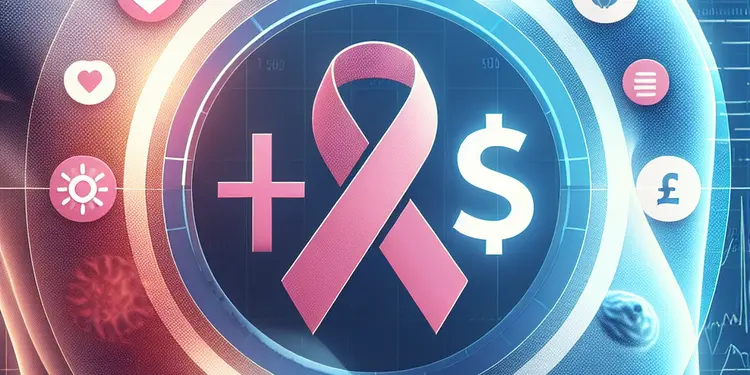
How often should I get screened for breast cancer?
Relevance: 67%
-

AAA (Abdominal aortic aneurysm) screening
Relevance: 67%
-

Is genetic screening available for cancer risk?
Relevance: 67%
-

Abdominal Aortic Aneurysm (AAA) screening programme
Relevance: 66%
-

How is blood screened to prevent disease transmission?
Relevance: 66%
-

What happens if my child's screening results are positive?
Relevance: 66%
-
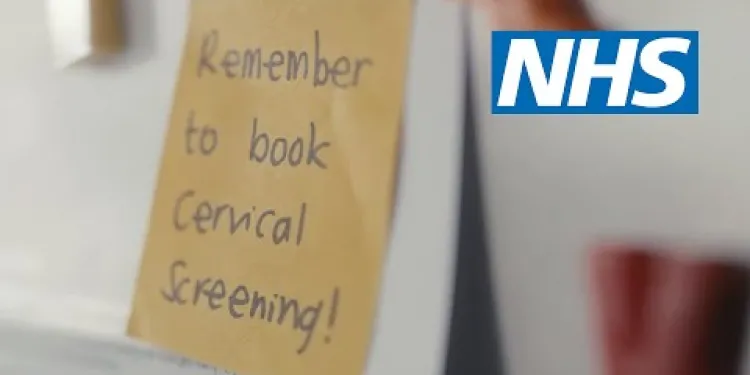
Don’t ignore your cervical screening invite | NHS
Relevance: 65%
-

Can pets damage mosquito screens?
Relevance: 65%
Health Screenings You Should Know About
Introduction to Health Screenings
Health screenings are essential preventive measures for detecting and managing potential health issues early. In the United Kingdom, the National Health Service (NHS) provides various screening programs aimed at helping individuals maintain their health and well-being. Being aware of these screenings can lead to timely interventions and improve health outcomes.
Breast Cancer Screening
Breast cancer screening is vital for the early detection of breast cancer. Women aged 50 to 70 are invited for a mammogram every three years. Women over 70 can still have screenings by requesting an appointment. Mammograms can detect small changes in breast tissue before symptoms emerge, significantly improving treatment effectiveness and survival rates.
Cervical Screening
Cervical screening, also known as a smear test, checks the health of the cervix and helps prevent cervical cancer by detecting abnormal cells early. Women aged 25 to 64 are invited for cervical screening every three to five years. Regular screening can identify and treat any abnormalities before they develop into cancer.
Bowel Cancer Screening
Bowel cancer screening aims to detect early signs of bowel cancer. In the UK, individuals aged 60 to 74 are sent a home testing kit every two years. The kit checks for hidden blood in stool samples, which can be an early indication of bowel cancer. Early detection allows for more effective treatment and better outcomes.
Abdominal Aortic Aneurysm (AAA) Screening
AAA screening is offered to men aged 65 to check for an enlargement of the abdominal aorta, which can be life-threatening if not treated. A simple ultrasound scan can detect an AAA, allowing for monitoring or surgery if necessary. Men over 65 who have not been screened can request this test through their GP.
Diabetic Eye Screening
Individuals with diabetes are at a higher risk of developing diabetic retinopathy, a condition that can lead to blindness. Annual diabetic eye screening is provided to everyone over the age of 12 with diabetes. The screening involves a detailed eye examination to detect any changes or damage early, helping to prevent vision loss.
NHS Health Check
The NHS Health Check is a comprehensive health assessment offered every five years to individuals aged 40 to 74. It aims to prevent major conditions such as heart disease, stroke, diabetes, and kidney disease. The check includes measurements of blood pressure, cholesterol levels, and body mass index (BMI), along with advice on maintaining a healthier lifestyle.
Conclusion
Regular health screenings are crucial to detect potential health problems early, when they are most manageable. By participating in the NHS screening programs, individuals in the UK can take proactive steps to safeguard their health. Always consult your GP if you have concerns or questions about the appropriate screenings for you.
Health Screenings You Should Know About
Introduction to Health Screenings
Health screenings are important checks to find and manage health problems early. In the UK, the National Health Service (NHS) offers screening programs to help people stay healthy. Knowing about these screenings can help you get treatment early and stay well.
Breast Cancer Screening
Breast cancer screening helps find breast cancer early. Women aged 50 to 70 are invited for a breast check called a mammogram every three years. Women over 70 can ask for a mammogram too. Mammograms can show small changes before you feel any symptoms. This makes treatment work better and helps people live longer.
Cervical Screening
Cervical screening, also known as a smear test, checks the health of the cervix. It helps prevent cervical cancer by finding abnormal cells early. Women aged 25 to 64 are invited for this test every three to five years. Regular checks can stop cancer from developing.
Bowel Cancer Screening
Bowel cancer screening looks for early signs of bowel cancer. People aged 60 to 74 in the UK get a home test kit every two years. The kit looks for hidden blood in your stool, which can be a sign of cancer. Finding cancer early means better treatment and healthier outcomes.
Abdominal Aortic Aneurysm (AAA) Screening
AAA screening is a check for men aged 65 to see if the big blood vessel in the tummy is getting too big. This can be dangerous if not treated. A simple scan can find an AAA. Men over 65 who have not had this test can ask their doctor for it.
Diabetic Eye Screening
People with diabetes can have problems with their eyes called diabetic retinopathy, which can cause blindness. Anyone over 12 with diabetes can have an eye check every year. This screening finds changes early, which helps stop vision loss.
NHS Health Check
The NHS Health Check is a full health check-up for people aged 40 to 74 every five years. It helps find risks of heart disease, stroke, diabetes, and kidney disease. The check looks at blood pressure, cholesterol, and BMI and gives advice on staying healthy.
Conclusion
Regular health screenings help find health problems early, when they are easier to treat. By joining in with NHS screenings, people in the UK can take charge of their health. Always talk to your doctor if you have questions about the right screenings for you.
Frequently Asked Questions
What are health screenings?
Health screenings are medical tests performed to detect diseases or health conditions early when they are more easily treatable.
Why are health screenings important?
Health screenings are important because they help identify risk factors and detect diseases early, which can improve outcomes and reduce the risk of serious complications.
What health screenings are recommended for adults in the UK?
Recommended screenings for adults in the UK include blood pressure checks, cholesterol tests, diabetes screening, cancer screenings (such as breast, cervical, and bowel cancer), and eye tests.
At what age should I start getting health screenings?
The age to start health screenings depends on the specific test. For example, cervical cancer screenings are recommended from age 25, breast cancer screenings from age 50, and bowel cancer screenings from age 60.
Are health screenings covered by the NHS?
Yes, many health screenings in the UK are covered by the NHS, including cervical, breast, and bowel cancer screenings.
What is a cervical cancer screening?
A cervical cancer screening, also known as a smear test, involves taking a small sample of cells from the cervix to check for abnormalities that could develop into cancer.
How often should I have a cervical cancer screening?
In the UK, it is recommended to have a cervical screening every three years for women aged 25 to 49, and every five years for women aged 50 to 64.
What is a mammogram and who should get one?
A mammogram is an X-ray of the breast used to detect breast cancer early. Women aged 50 to 70 are invited for a mammogram screening every three years.
What is involved in a bowel cancer screening?
Bowel cancer screening can involve a home test kit called the FIT (Faecal Immunochemical Test) that checks for hidden blood in stool samples, or a colonoscopy if further investigation is needed.
What is a blood pressure check and why is it important?
A blood pressure check measures the force of blood against your artery walls. High blood pressure can lead to serious conditions like heart disease and strokes, so regular checks are important.
How often should I get my cholesterol levels checked?
It is generally recommended to have your cholesterol levels checked every 5 years from age 40, or more frequently if you have risk factors for heart disease.
What is diabetes screening and who needs it?
Diabetes screening typically involves a blood test to measure blood glucose levels. Those at higher risk, such as people over 40, those with a family history, or those who are overweight, should get screened.
What is an eye test and how often should I have one?
An eye test checks your vision and eye health. It is recommended to have an eye test at least every two years, especially if you are over 40 or have diabetes.
Can lifestyle changes affect my need for health screenings?
Yes, a healthy lifestyle can reduce the need for certain screenings by lowering the risk of conditions like high blood pressure, cholesterol, and diabetes. However, regular screenings are still important.
How can I schedule a health screening?
You can schedule a health screening through your GP or local health clinic. Many screenings are part of the NHS screening programs and you may receive invitations for them.
What are health check-ups?
Health check-ups are visits to the doctor to make sure your body is healthy. They help find any problems early.
Doctors do health check-ups to see if there is anything that needs fixing. It is like a safety check for your body!
If you find it hard to read, you can ask someone to help you. You can also use tools that read the text aloud to you.
Health screenings are tests that doctors do to find out if someone is sick. These tests help to catch sickness early, when it's easier to help people get better.
Why do we need health check-ups?
Health check-ups help us stay healthy. They can find problems early when they are easier to fix. Here are some ways to make it easier: - Use simple words. - Ask someone to explain if you don't understand. - Use pictures to learn more about health check-ups.Health check-ups are important. They help find problems early. This can stop bigger problems later and help you stay healthy.
What health checks should adults in the UK have?
Adults in the UK should have certain health checks to stay healthy. These checks help find problems early when they are easier to treat.
Here are some important health checks adults might need:
- Blood Pressure Check: This checks if your blood pressure is healthy.
- Cholesterol Test: This test checks the fat in your blood.
- Diabetes Screening: This checks if you have diabetes, a condition where your body has trouble handling sugar.
- Cancer Screening: These tests look for signs of cancer early.
It's a good idea to talk to your doctor about which checks are right for you.
To make it easier, you can:
- Ask your doctor to explain anything you don't understand.
- Bring a friend or family member to help remember the information.
Adults in the UK should go for health check-ups. These include:
- Checking blood pressure
- Testing cholesterol levels
- Screening for diabetes
- Screening for different types of cancer like breast, cervical, and bowel cancer
- Getting eye tests
When should I start having health check-ups?
It is important to have health check-ups to make sure you are healthy. Here is some information to help you:
- If you are unsure when to start, ask a doctor or a nurse for advice.
- Adults often start having check-ups in their 20s or 30s.
- Some health checks are needed more often as you get older.
- You can use a calendar or set reminders to help you remember appointments.
Regular check-ups help keep you healthy and catch problems early.
The age to start health checks is different for each test. For example, check for cervical cancer from age 25. Check for breast cancer from age 50. Check for bowel cancer from age 60.
If you have trouble reading, you can try using a ruler or your finger to follow along. You can also ask someone to read it with you.
Does the NHS pay for health check-ups?
Yes, the NHS in the UK pays for some health tests. These tests look for things like cervical, breast, and bowel cancer.
What is a cervical cancer screening?
A cervical cancer screening is a health check to look for signs of cancer in the cervix. The cervix is part of a woman's body. It helps catch cancer early, before you feel sick.
This check is also called a smear test or pap test. It is important because it can help keep you healthy.
If reading is hard, you can ask someone for help. You can also use pictures or videos to understand better. Always ask questions if you are not sure about something.
A cervical cancer screening is a test to check for signs of cancer in the cervix. The cervix is the lower part of the womb. During the test, a tiny sample of cells is taken from the cervix. This sample is checked to make sure everything is okay.
How often should I get checked for cervical cancer?
It's important to have regular health checks. For cervical cancer, most people should get tested every few years. Ask your doctor when you should have your next check-up. They will help you decide what's best for you.
Here are some tips to make it easier:
- Use a calendar or phone reminder to remember your check-up dates.
- Bring a friend or family member to support you during your appointment.
- Write down any questions you have before you see the doctor.
In the UK, women should have a cervical screening test. Women aged 25 to 49 should get this test every 3 years. Women aged 50 to 64 should get this test every 5 years.
What is a mammogram and who should have one?
A mammogram is a special picture of the inside of the breast. It helps doctors check for any signs of breast cancer.
Women, especially those who are 50 years old or older, should have a mammogram. It is important to catch any problems early.
You can ask a doctor if you should have a mammogram.
It can help to use pictures or videos to understand more. You can also ask someone to read with you.
A mammogram is a special picture of the breast. It helps doctors find breast cancer early. Women who are between 50 and 70 years old should have this test every three years.
What happens in a bowel cancer test?
A bowel cancer test looks for signs of cancer in your bowels. It helps doctors find problems early.
Here is what usually happens:
- You will get a kit in the mail. It has everything you need for the test.
- Follow the steps in the kit to collect a small sample of your poo.
- Send the sample back in the mail. The address is on the kit.
- Doctors check your sample for cancer signs.
- You will get a letter with your results.
Tools and tips:
- Ask a family member or friend to help you with the test.
- If you have questions, call your doctor or nurse. They are happy to help.
Bowel cancer screening helps check for cancer in the bowel. You can use a special test kit at home called the FIT (Faecal Immunochemical Test) to see if there is blood in your poo. If doctors need to look more, they might do a test called a colonoscopy.
What is a blood pressure check and why is it important?
A blood pressure check is a simple test. It shows how hard your heart is working to pump blood. This is important because it helps keep you healthy.
If your blood pressure is too high, it can hurt your heart. If it is too low, it can make you feel dizzy.
Doctors and nurses can do a blood pressure check to see how your heart is doing. It is like a health check for your heart.
You can use things like pictures and easy words to help understand more. Ask a friend, family member, or a carer if you have questions. They can help explain in a way that makes sense to you.
A blood pressure check sees how hard blood pushes against your artery walls. High blood pressure can cause big problems like heart disease and strokes. This is why getting your blood pressure checked often is important.
Here are some things that can help you:
- Ask your doctor or nurse if you have questions.
- Use easy-to-read blood pressure machines at the pharmacy.
- Keep a note of your blood pressure numbers.
How often should I check my cholesterol?
Cholesterol is a fat in your blood. It's important to check it to stay healthy.
Ask your doctor or nurse how often you need to check your cholesterol. They can tell you what's best for you.
Here are some tips to help you:
- Write down when to get your cholesterol checked on a calendar.
- Set a reminder on your phone to remember.
- Ask a friend or family member to remind you.
Doctors say you should check your cholesterol every 5 years after you turn 40. If you have other health risks for heart problems, check it more often.
What is diabetes screening and who needs it?
Diabetes screening is a health check to see if you have diabetes. Diabetes means your body has trouble using sugar for energy.
Who needs to be checked?
- People who feel very thirsty or tired a lot.
- People who lose weight without trying.
- People whose family members have diabetes.
- People who are very overweight.
Helpful tools:
- Ask a doctor or nurse for a diabetes test.
- Use picture charts to understand diabetes.
Doctors check for diabetes with a simple blood test. This test looks at the sugar levels in your blood. People who should get this test are:
- Those who are over 40 years old.
- Those who have family members with diabetes.
- Those who are overweight.
It's important to get tested if you are at risk.
What is an eye test and how often should I have one?
An eye test is when you see an eye doctor. They check how well you can see.
You should have an eye test every 2 years. If your eyes change, go sooner.
If you need help, tell a friend or family. They can go with you.
An eye test checks how well you can see and if your eyes are healthy. It is good to have an eye test every two years. This is very important if you are over 40 years old or if you have diabetes.
Will changing how I live change how often I need health checks?
Making changes to how you live could change how often you need to get checked by a doctor. Here are some tips to help with health checks:
- Eat healthy food like fruits and vegetables.
- Move your body a lot, like playing or walking.
- Sleep well every night.
- If you smoke, try to quit.
- Try to keep a healthy weight.
If you do these things, you might not need some health checks as often. Always talk to a doctor about what is best for you.
Tools that might help:
- A calendar to remind you of health appointments.
- Ask a friend or family member to go with you to the doctor.
- Use phone apps that remind you to move and eat healthy.
Yes, living healthily can mean you might not need some checks as often. This is because you can lower the chance of things like high blood pressure, high cholesterol, and diabetes. But it's still important to get regular health checks.
How can I book a health check-up?
You can book a health check with your doctor or the local health clinic. Many checks are part of the NHS and you might get a letter inviting you to them.
Useful Links
This website offers general information and is not a substitute for professional advice.
Always seek guidance from qualified professionals.
If you have any medical concerns or need urgent help, contact a healthcare professional or emergency services immediately.
Some of this content was generated with AI assistance. We’ve done our best to keep it accurate, helpful, and human-friendly.
- Ergsy carfully checks the information in the videos we provide here.
- Videos shown by Youtube after a video has completed, have NOT been reviewed by ERGSY.
- To view, click the arrow in centre of video.
- Most of the videos you find here will have subtitles and/or closed captions available.
- You may need to turn these on, and choose your preferred language.
- Go to the video you'd like to watch.
- If closed captions (CC) are available, settings will be visible on the bottom right of the video player.
- To turn on Captions, click settings .
- To turn off Captions, click settings again.
More Items From Ergsy search
-

Health Screenings You Should Know About
Relevance: 100%
-

Derbyshire Diabetic Eye Screening - Diabetic Eye Screening
Relevance: 77%
-

Derbyshire Diabetic Eye Screening - Your Screening Appointment
Relevance: 75%
-

What is cancer screening?
Relevance: 75%
-

Diabetes Eye Screening
Relevance: 75%
-

Cervical screening: Q&A | NHS
Relevance: 75%
-

Is screening painful or risky for my child?
Relevance: 73%
-

The NHS is #StillHereToHelp with cervical screening
Relevance: 73%
-

AI Breast Cancer Screening in the UK
Relevance: 72%
-

Are there eco-friendly mosquito screen options?
Relevance: 71%
-

NHS breast cancer screening
Relevance: 70%
-

What are the limitations of type 1 diabetes screening?
Relevance: 70%
-

Are mosquito window screens effective in the UK?
Relevance: 70%
-

Are Mosquito window screens effective?
Relevance: 70%
-

The asylum screening interview
Relevance: 69%
-

Can lifestyle changes impact the efficacy of cancer screening?
Relevance: 69%
-

NHSGGC - Cervical Cancer Screening - English
Relevance: 69%
-

What is a skin cancer screening?
Relevance: 69%
-

Cervical screening: how it's done | NHS
Relevance: 69%
-

When should cervical cancer screening begin?
Relevance: 69%
-

Cervical screening for transgender men | NHS
Relevance: 69%
-

Cervical screening: what to expect | NHS
Relevance: 69%
-

How do I maintain my mosquito screens?
Relevance: 69%
-

How often should screening be conducted if my child is at risk?
Relevance: 68%
-

Should I screen my child for type 1 diabetes?
Relevance: 68%
-

What are the recommendations for colorectal cancer screening?
Relevance: 68%
-

What is cervical screening (smear test)?
Relevance: 68%
-

Cervical screening: what to expect | NHS
Relevance: 68%
-

Are there retractable mosquito screens available?
Relevance: 68%
-

Screening tests for you and your baby | NHS
Relevance: 68%
-

Tower Hamlets breast screening programme
Relevance: 68%
-

Do mosquito screens add value to my home?
Relevance: 68%
-

How often should I get screened for breast cancer?
Relevance: 67%
-

AAA (Abdominal aortic aneurysm) screening
Relevance: 67%
-

Is genetic screening available for cancer risk?
Relevance: 67%
-

Abdominal Aortic Aneurysm (AAA) screening programme
Relevance: 66%
-

How is blood screened to prevent disease transmission?
Relevance: 66%
-

What happens if my child's screening results are positive?
Relevance: 66%
-

Don’t ignore your cervical screening invite | NHS
Relevance: 65%
-

Can pets damage mosquito screens?
Relevance: 65%


